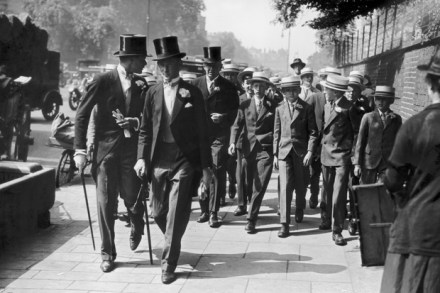We’re all snobs really
D.J. Taylor’s clever dissection of snobs is really two books in one. Scattered throughout are entertaining, delicious (initially), solemnly related nuggets of hardcore snobbery. He writes brilliantly, for example, about the diarist and National Trust employee James Lees-Milne, who liked a world that knew its place (ideally beneath him). Lees-Milne was steeped so far in snobbery that he couldn’t bear the vulgarity of calling a garage a garage and so called his the ‘motor-house’. Either the absurdity of this makes you snort with laughter or it doesn’t. It does me, though I have to say the cumulative effect of a zillion snobberies is nauseating. You find yourself thinking, ‘My God,




















